Optimal Timing for Foundation Repairs
Understanding the optimal timing for foundation repairs is essential for ensuring the stability and longevity of a structure. The most suitable time depends on various factors including weather conditions, soil moisture levels, and the severity of foundation issues. Proper scheduling can help minimize disruptions and improve repair effectiveness.
Spring and fall are generally ideal for foundation repairs due to moderate weather and soil conditions. Extreme temperatures in summer and winter can complicate repair work and affect material performance.
Dry weather allows for easier excavation and foundation work, while excessive rain can cause delays and soil instability, making repairs more challenging.
Optimal soil moisture levels are crucial. Too much moisture can cause further shifting, whereas dry soil provides a stable environment for repairs.
Minor issues may be addressed during any season, but significant damage often requires scheduling during periods of stable soil conditions to ensure the best results.
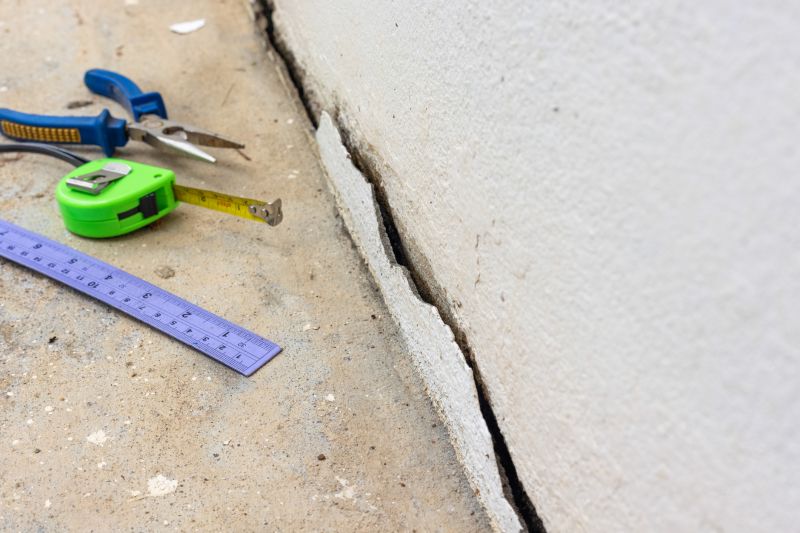
Ways to make Foundation Repairs work in tight or awkward layouts.
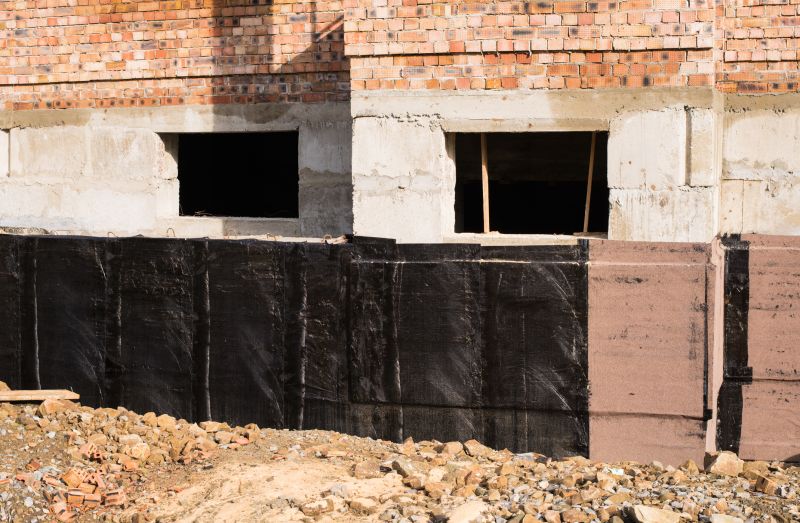
Popular materials for Foundation Repairs and why they hold up over time.
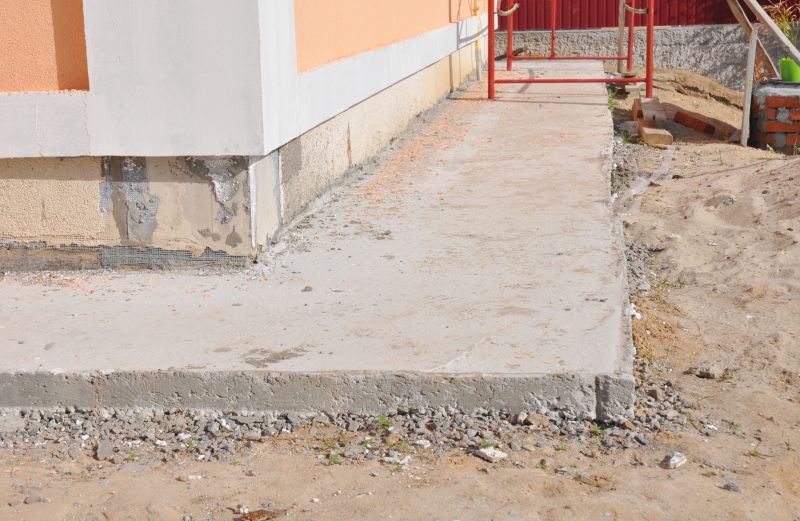
Simple add-ons that improve Foundation Repairs without blowing the budget.
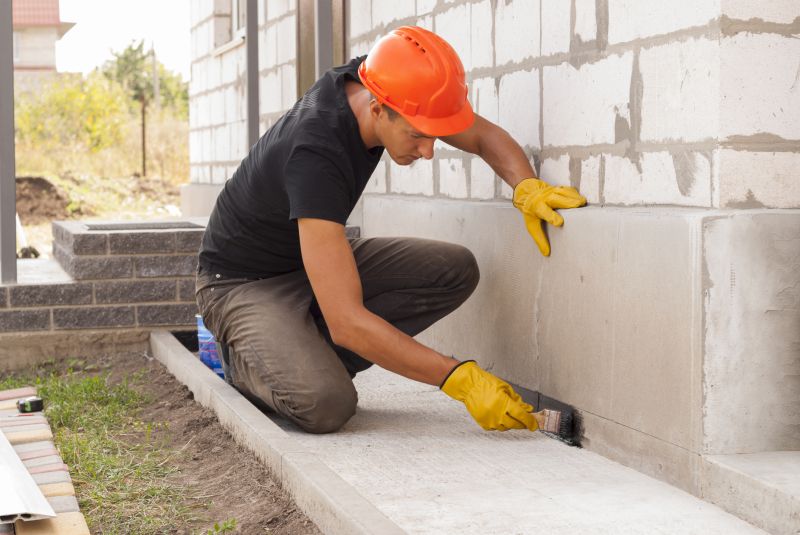
High-end options that actually feel worth it for Foundation Repairs.
Foundation repairs are critical for maintaining structural integrity and preventing further damage. Addressing issues promptly can help avoid costly repairs in the future. Factors such as soil type, weather conditions, and the extent of damage influence the best timing for repairs. Regular inspections can identify early signs of foundation problems, allowing for timely intervention.
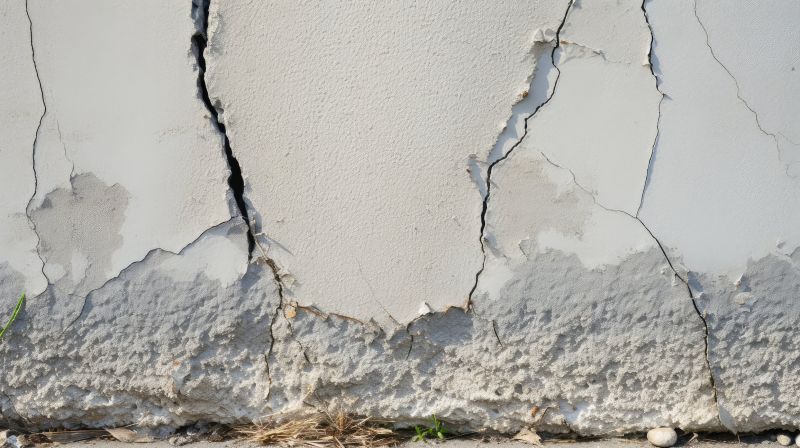
Finishes and colors that play nicely with Foundation Repairs.
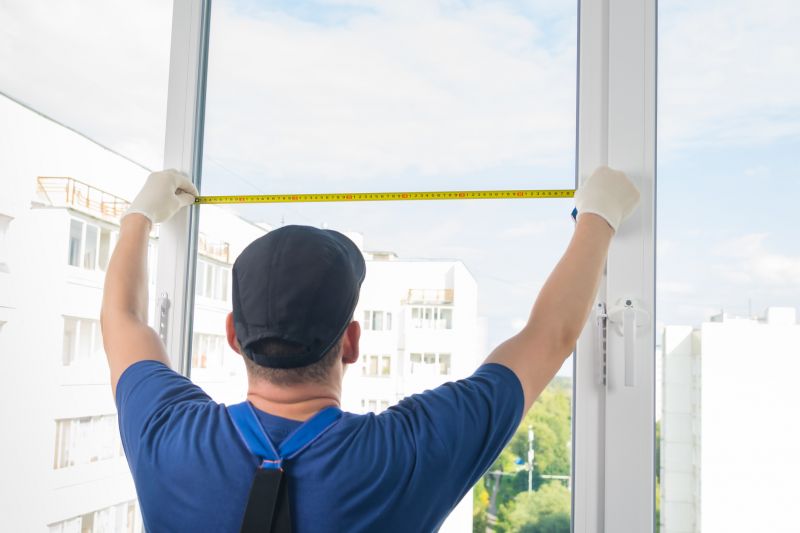
Little measurements that prevent headaches on Foundation Repairs day.
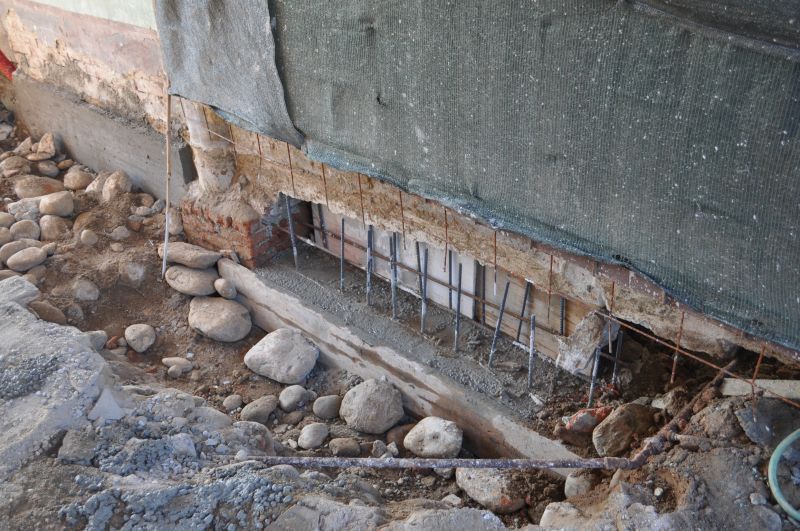
A 60-second routine that keeps Foundation Repairs looking new.
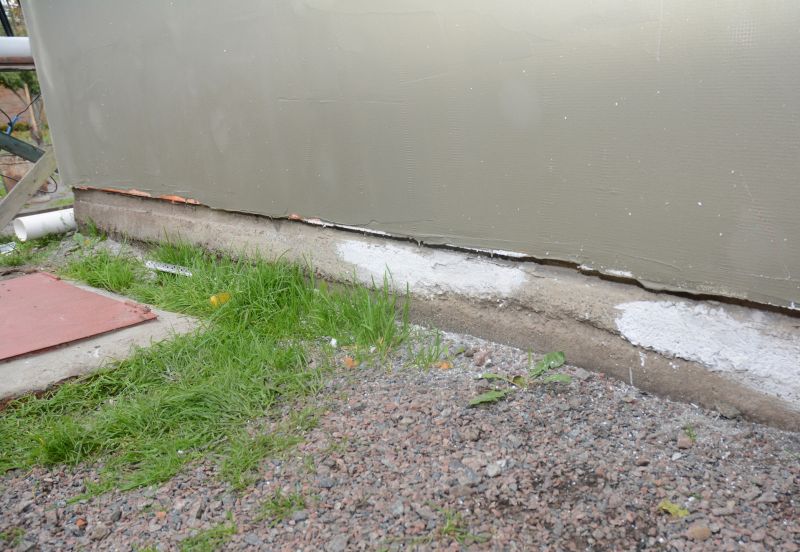
A frequent mistake in Foundation Repairs and how to dodge it.
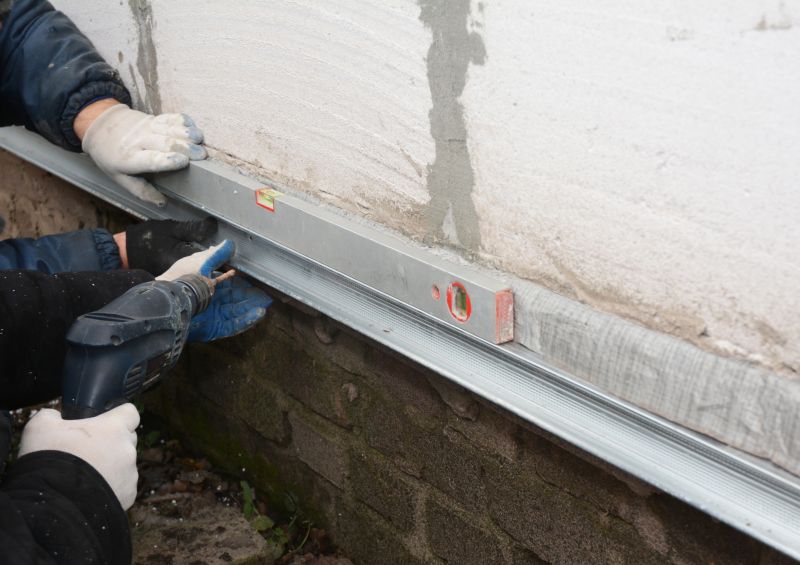
Small tweaks to make Foundation Repairs safer and easier to use.
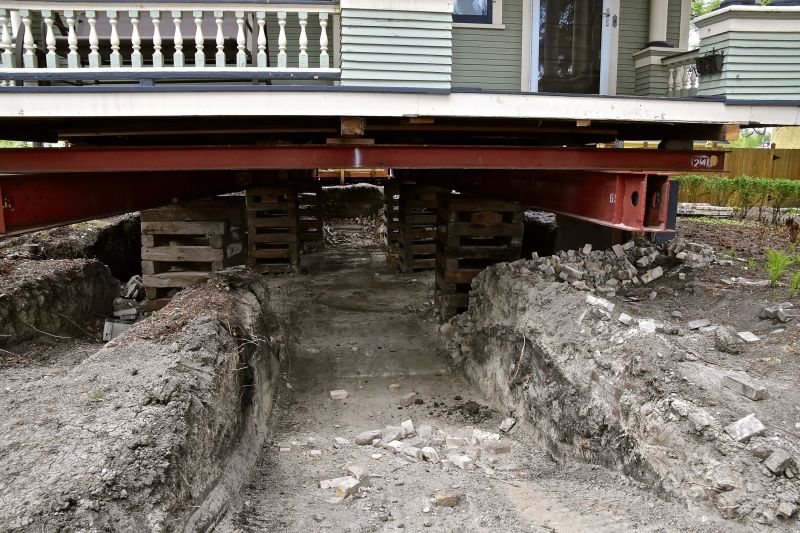
Lower-waste or water-saving choices for Foundation Repairs.
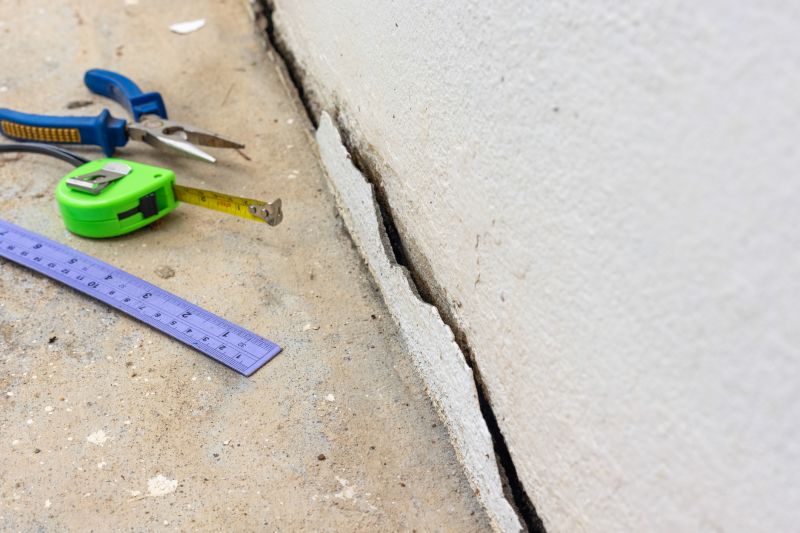
The short, realistic tool list for quality Foundation Repairs.
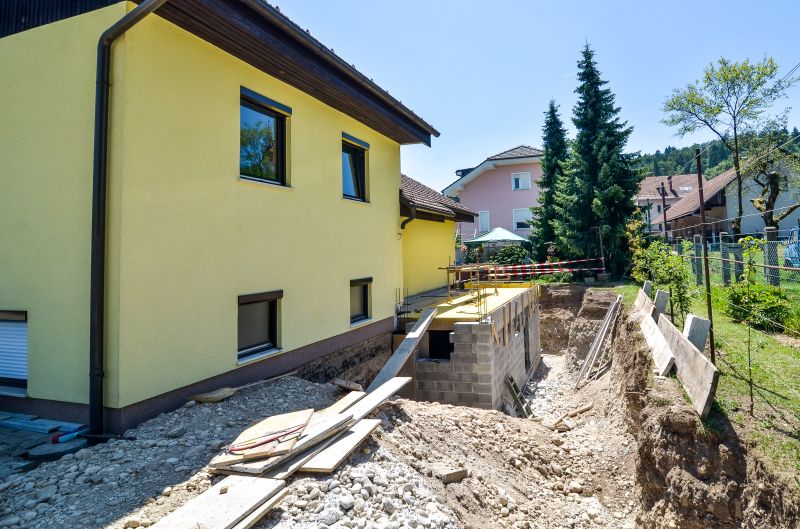
Rough timing from prep to clean-up for Foundation Repairs.
| Season | Ideal Conditions for Foundation Repairs |
|---|---|
| Spring | Moderate weather and soil moisture levels facilitate repairs. |
| Summer | Suitable if temperatures are moderate; avoid peak heat. |
| Fall | Optimal due to cooler temperatures and stable soil conditions. |
| Winter | Less ideal due to frozen ground and weather challenges. |
Timely foundation repairs are essential for preserving the safety and value of a property. By considering seasonal factors and soil conditions, homeowners can plan effectively to ensure the best possible outcomes. Regular assessments and professional guidance can help determine the most appropriate time for repairs, reducing potential complications and costs.


